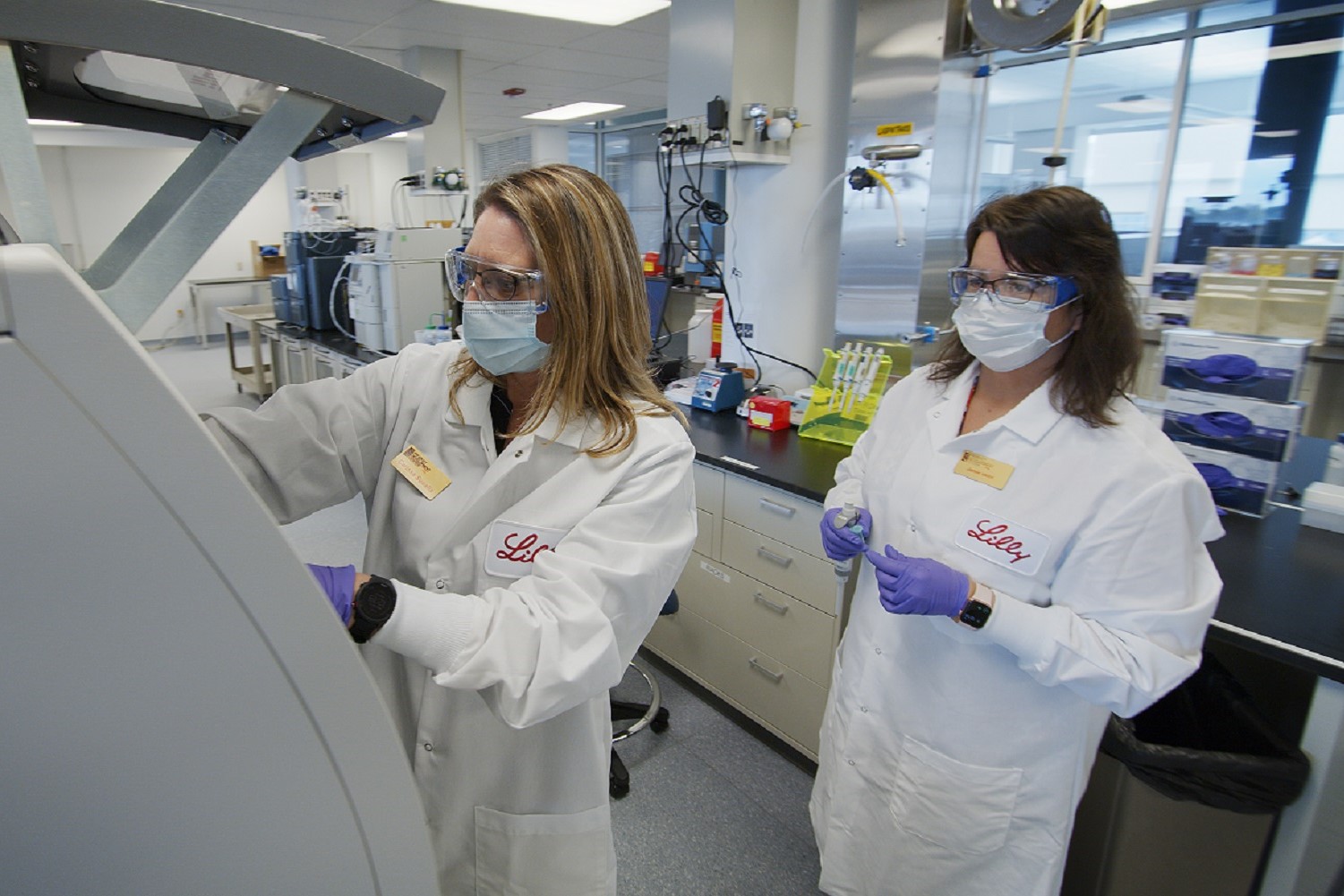
Shares of a company developing drugs to treat rare diseases dove for the abyss Tuesday as the Food and Drug Administration rejected the company’s regulatory approval application for a rare disease treatment.
Acer Therapeutics, headquartered in Newton, Massachusetts, said it received a complete response letter from the FDA for the drug Edsivo (celiprolol) in vascular Ehlers-Danlos syndrome, or vEDS. In particular, the letter stated that the company will have to conduct a new, well-controlled clinical trial in order to determine the drug’s ability to reduce the risk of clinical events in vEDS patients.

With the Rise of AI, What IP Disputes in Healthcare Are Likely to Emerge?
Munck Wilson Mandala Partner Greg Howison shared his perspective on some of the legal ramifications around AI, IP, connected devices and the data they generate, in response to emailed questions.
Following the announcement, shares of the company were down nearly 78 percent on the Nasdaq Tuesday afternoon.
“We remain committed to working closely with the FDA to fully understand its response,” Acer CEO Chris Schelling said in a statement, adding that the company expects to respond to the agency in the third quarter of this year.
EDS is a family of hereditary connective tissue diseases, with vEDS being the most severe subtype, causing ruptures of the arteries, intestines and uterus. A study commissioned by the company found 4,169 patients with vEDS in the U.S., and the prevalence of phenotypically defined vEDS could be more than 1 in 45,000. The median age of mortality for patients with the disease is 51.
The company had filed for approval of the drug in October, and the FDA granted its application priority review in December. The filing was based on clinical trial data for Edsivo that it obtained through a deal with a French hospital, Assistance Publique-Hopitaux de Paris, Hopital Europeen Georges Pompidou, in 2016. The ClinicalTrials.gov database lists a randomized, controlled Phase IV study of 54 patients that was completed in April 2011, comparing Edsivo against a control that includes beta blockers.
According to observational study data published in April of this year, 110 patients with vEDS who harbored the type III collagen, or COL3A1 genetic mutation, showed a survival rate of 80.7 percent, compared with 48.5 percent of those not receiving the drug. Patients receiving the median dose of 400mg showed better outcomes than those receiving 100mg-300mg.
Photo: flytosky11, Getty Images














